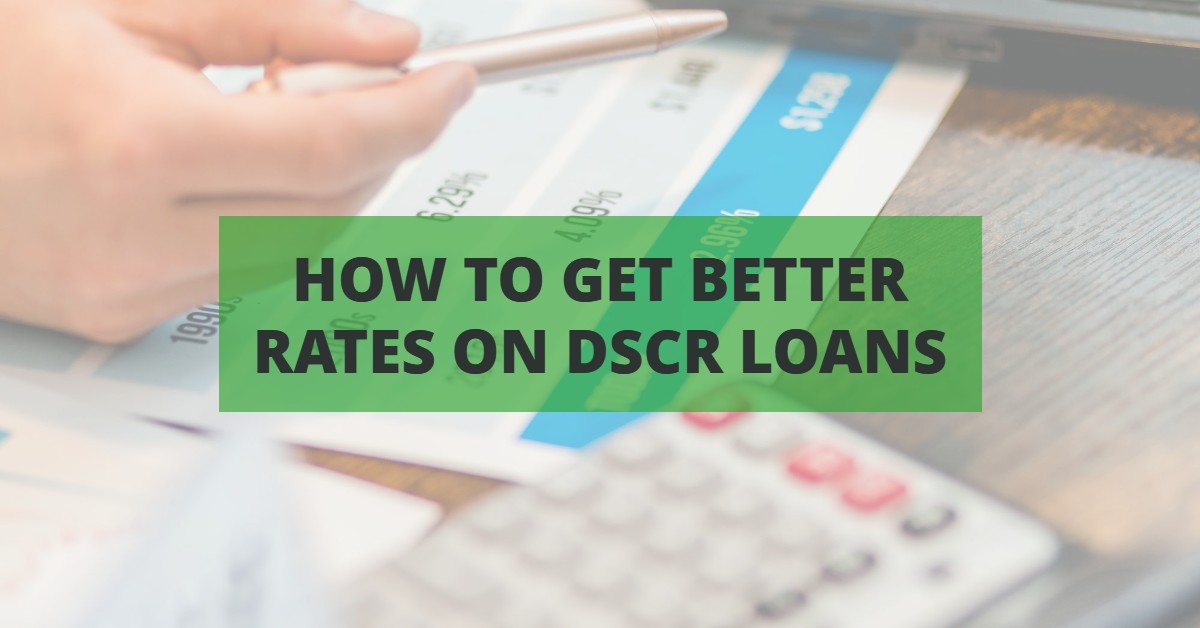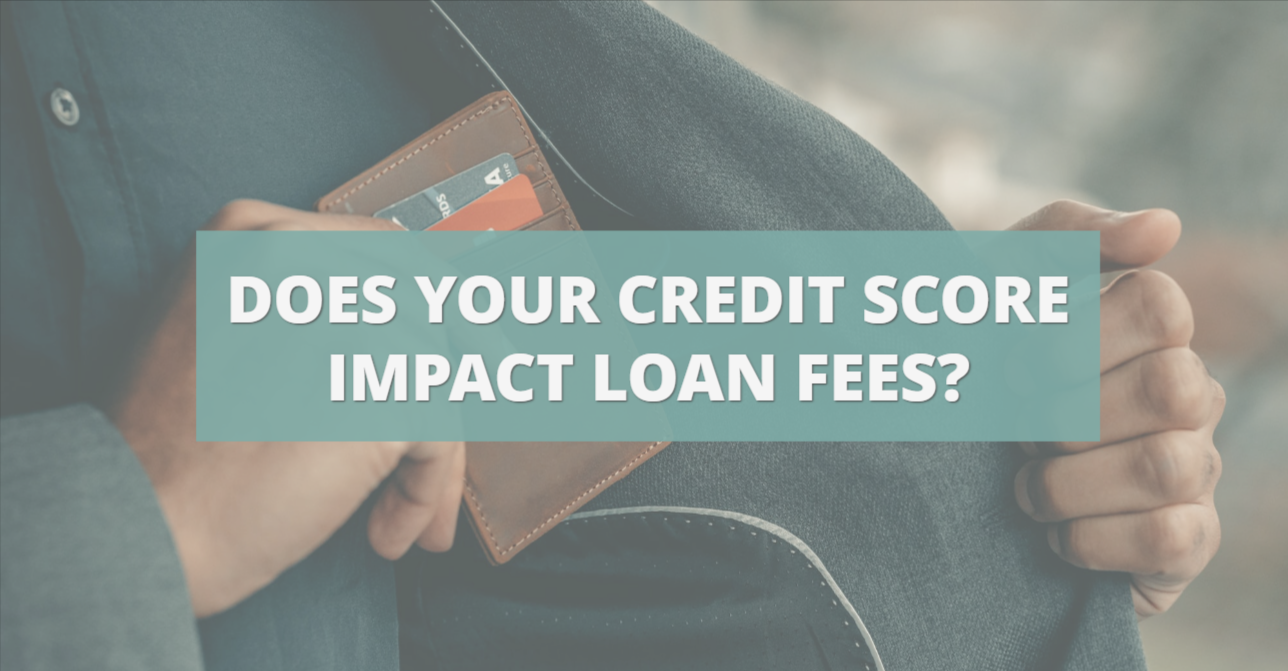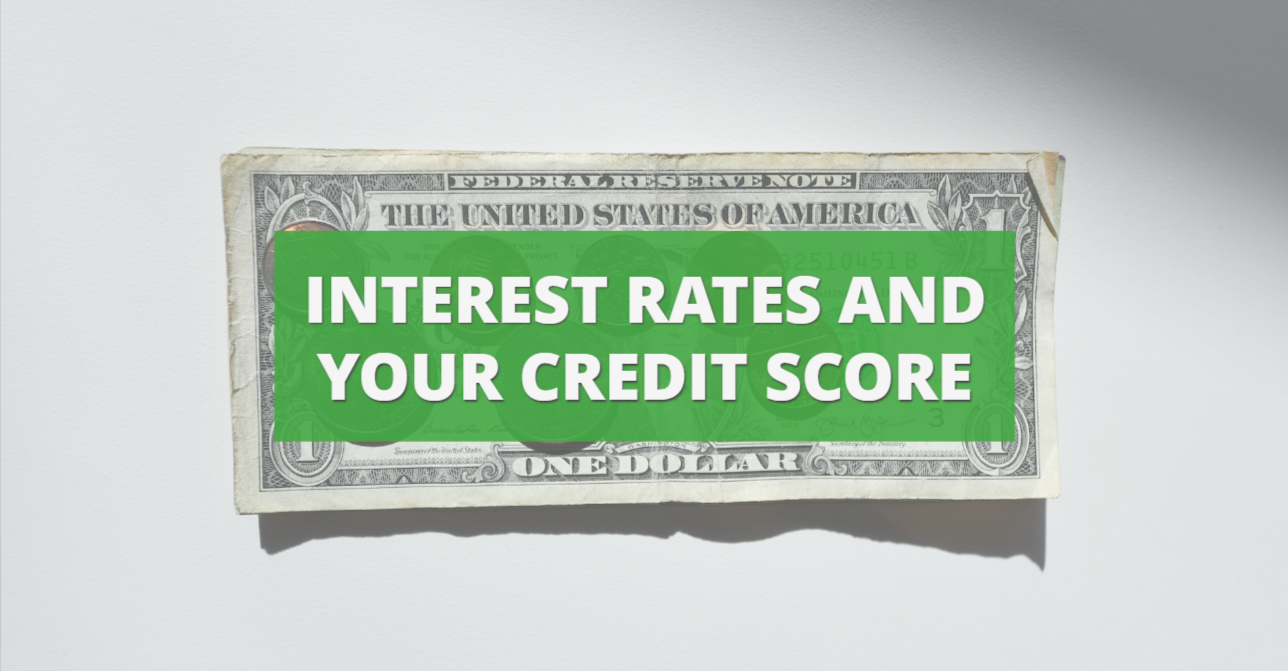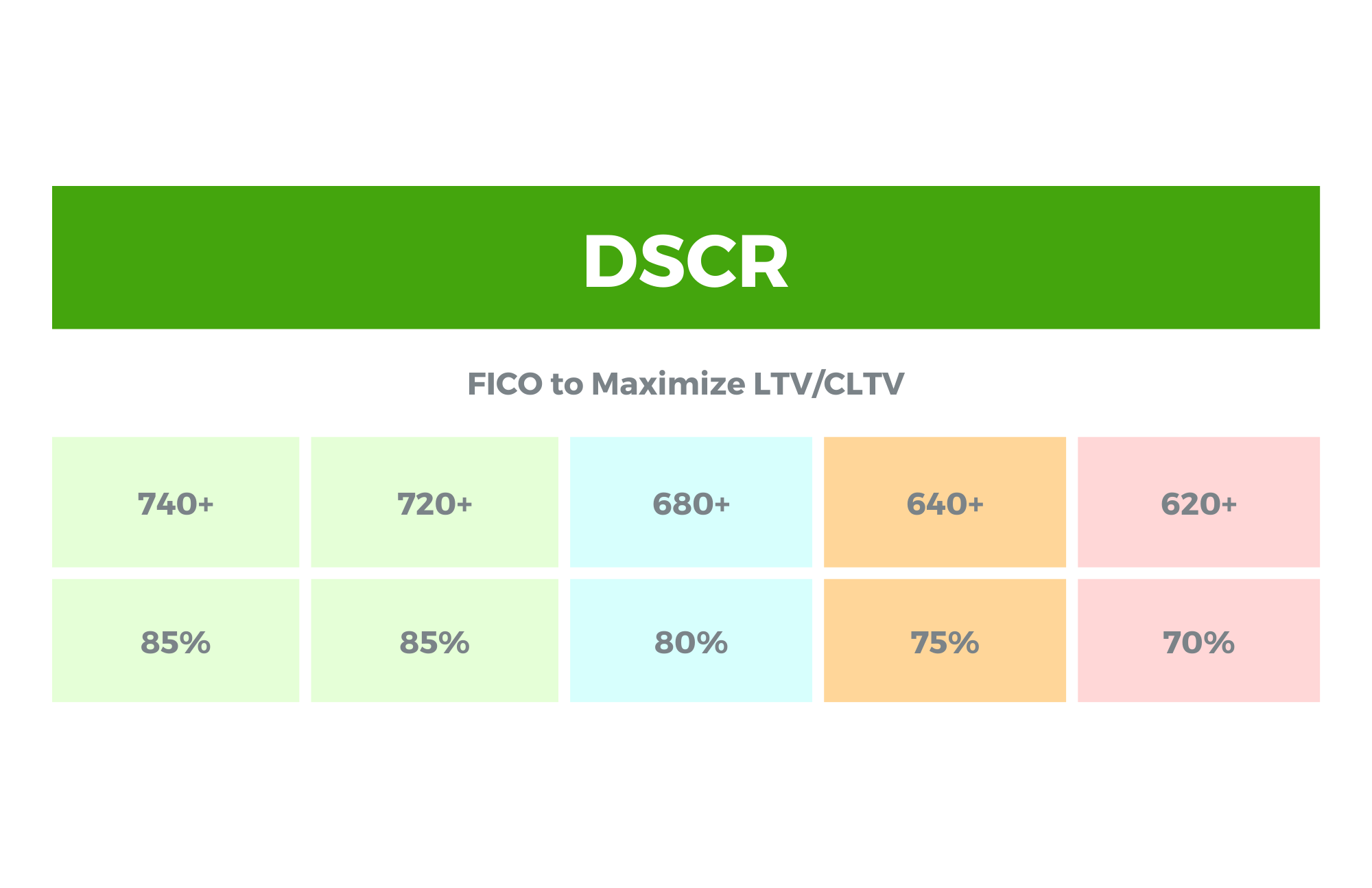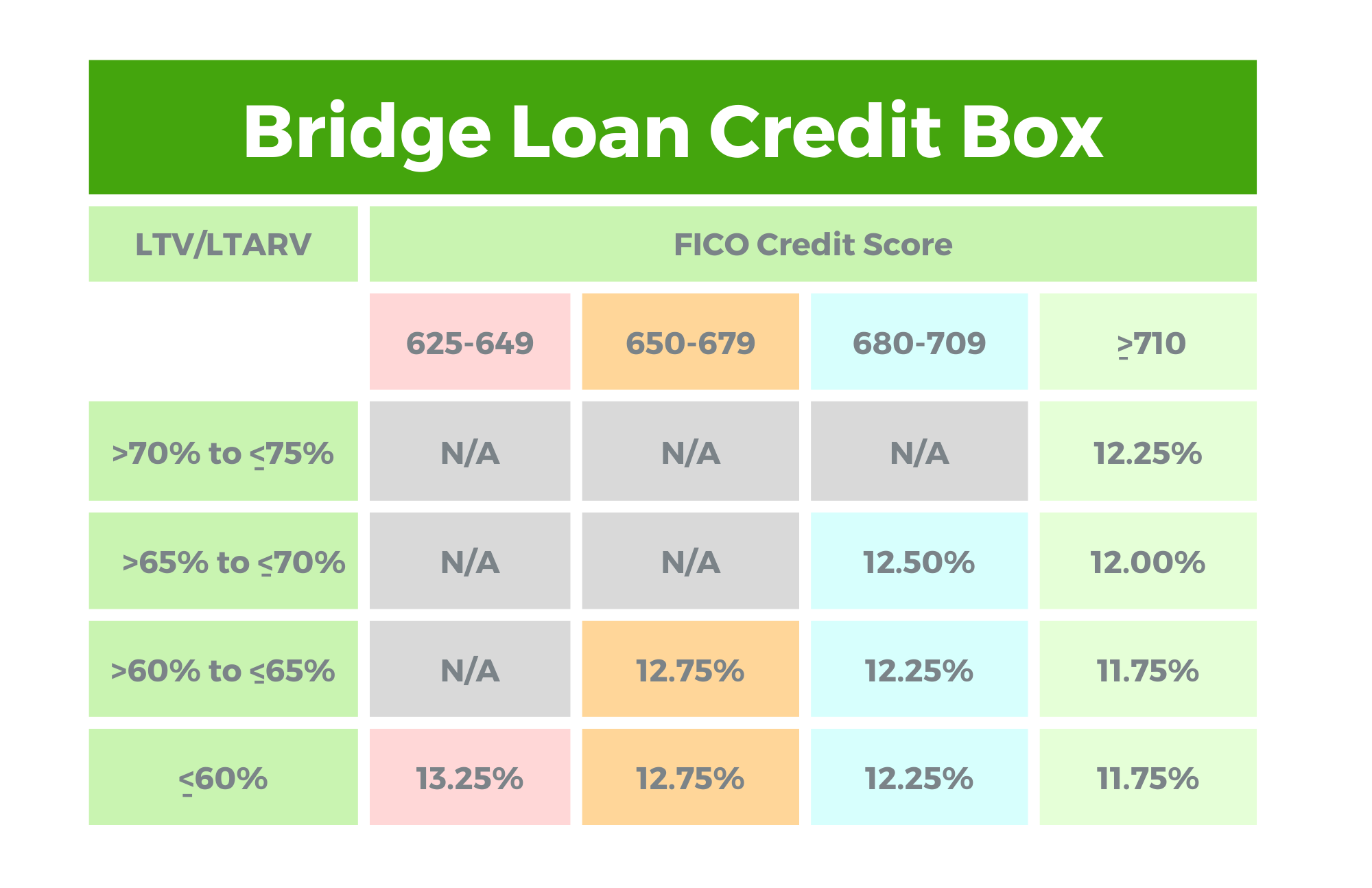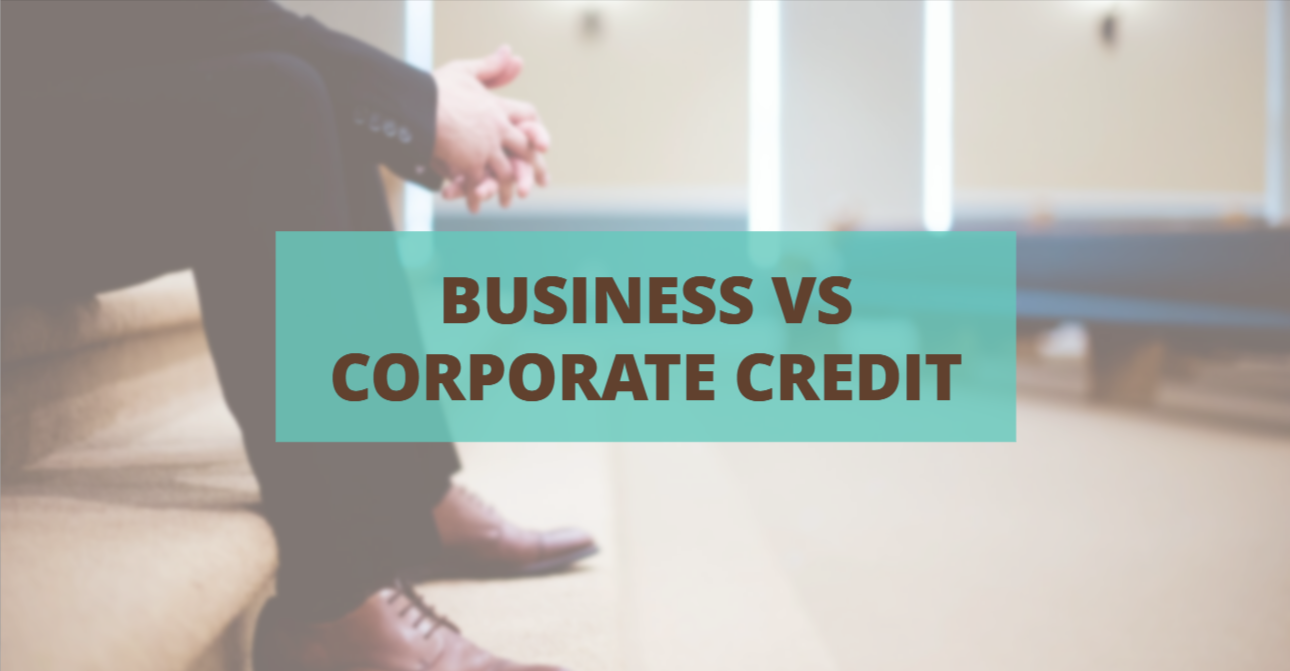The real estate investor’s credit score solution: the benefits of a business credit card.
Business credit cards are a no-brainer alternative to using your personal cards for your real estate investments.
Most real estate investors use a credit card to pay for the expenses involved in fixing up properties. Doing this, however, raises your balance, which increases your usage. Usage makes up 30% of your credit score, so keeping high balances on your personal card can significantly lower your score.
Weigh the Credit Benefits of a Business Card
It’s important to get all investing expenses off your credit. It not only impacts your business, but it impacts your personal life, too. When you need a personal mortgage, or a new car, or a boat… Your lender will check your credit, and they’ll see the bad score if your usage is out of whack from your business.
A business credit card solves your credit problems in two ways:
- It helps your credit score. Moving these balances onto a business card takes them off your personal credit. Business credit won’t impact your personal score. This will allow you to get better outside funding.
- It’s a form of fast, easy, cheap funding. It still allows you the convenience of a credit card – and sometimes at a better rate.
The “best” business credit card for a real estate investor is one that does not show up on your personal report.
Making Real Estate Investing Easier and More Profitable
Our primary focus is making investing easier on the funding side. There are many ways to fill your “money buckets,” whether it’s business credit cards, HELOCs, real people’s money, or loans.
We want to help you with all of it. Reach out at Info@TheCashFlowCompany.com for more step-by-step help on business credit cards and other valuable funding sources.
Read the full article here.
Watch the video here:




